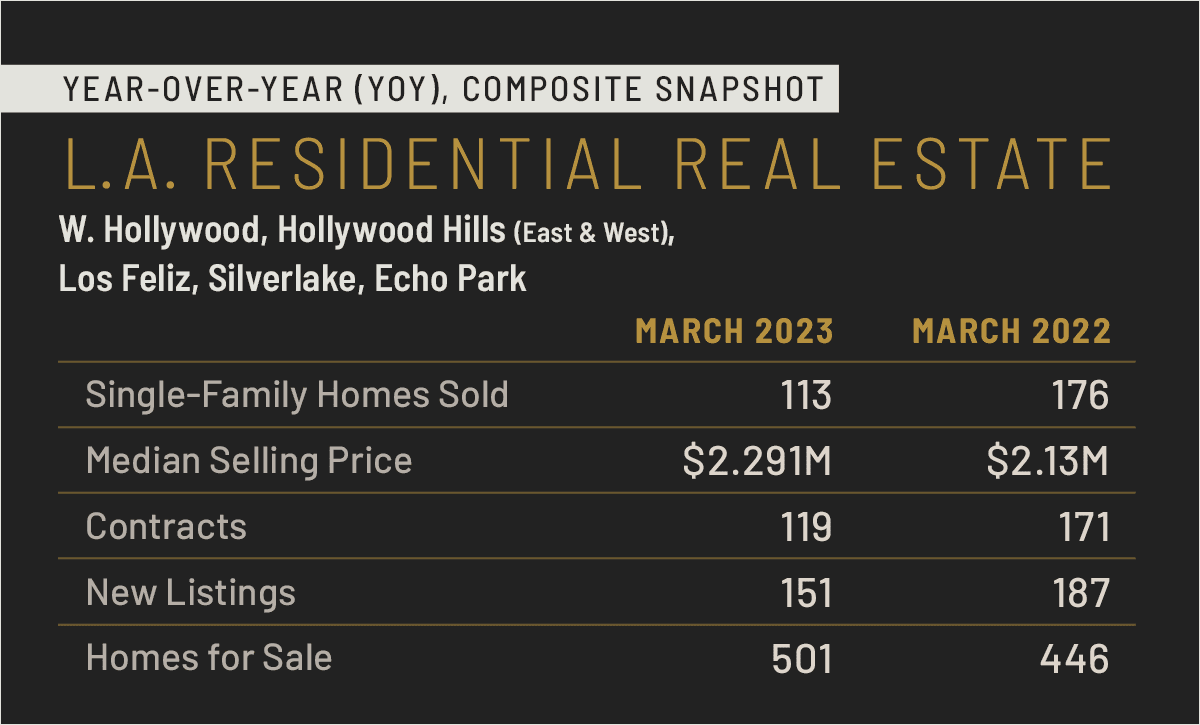The headlines are chock full of real estate market commentary. Since people’s homes are usually their biggest asset, real estate talk makes great copy. When the market is “good”, the media hops on the bandwagon and pumps up the market, and likewise, when the market is “bad” it’s all doom and gloom. The real truth never makes for eye-grabbing headlines.
I took statistics twice (not because I failed the first time), once as an undergrad economics major, and again getting my MBA in finance. What I learned from the study was very little in the way of solving problem-sets…BUT I did learn some very important concepts – two in particular. One is not all that relevant to real estate, but just about statistical probabilities – you are far more likely to get hit by lightning than win the lottery (I don’t play). The relevant one to real estate is that “numbers tell you what you want them to”. This does not mean I don’t pay attention to numbers (that would make life impossible to live), but that when I look at numbers, I maintain a healthy dose of cynicism.
Here are some real estate stats that Craig & David Homes collected for an aggregated group of LA neighborhoods in which we do a fair amount of work:
March 2023 vs. March 2022

So what do these numbers tell us? First off – the median price in our world is about 7–8 times the national average! But, still, how have prices gone UP by 7.6%? Wait a minute – prices have gone up?! Haven’t the headlines been telling us that the real estate market is crashing? Do most people think they will pay more when the “market” is crashing? I don’t think so.
But the take-away here is that a real estate “crash” is not always what people expect a “crash” to be. Indeed, the number of sales, contracts, and new listings have crashed – down 35.8%, 30.4%, and 19.3% respectively. But the overall inventory is actually up by 12.3%.
I suspect reading this most of you realize that what is happening in the LA neighborhoods identified here, may not be what is happening in the headline “real estate market”, i.e. state and national numbers. But all real estate is local – right? So, why pay attention to headlines? I have no answer to that question – other than to suggest looking deeper is the key.
One possible interpretation on the local data cited here is that prices have gone up because we still have a surplus of buyers for too few houses that are desirable. The number of transactions went way down, likely because new supply also went way down (-19.3%). The interest rate hikes have had an impact on sellers not willing to give up 3% mortgages for 6% mortgages. The LA buyers clearly don’t care that much about the mortgage rates – they can pay the higher monthly payments (remember our sample market is 7–8x the cost of the national market – with so many more wealthier buyers). I have been saying this since rates started to rise about a year ago – The effect on prices will likely be muted – when supply falls more than demand – prices will still go up.
This is not to say there are no “problems” in the real estate market. I won’t list them — you can pick your poison. I just want to suggest that reading too many headlines, and looking at your own, or someone else’s crystal ball is a losing proposition. Buy when you are ready to buy for your long-term needs, and sell when you are ready to sell based on your long-term needs. Look at all the numbers carefully — but with a cynical eye. Appearances can often be deceiving.
We are here to help…




